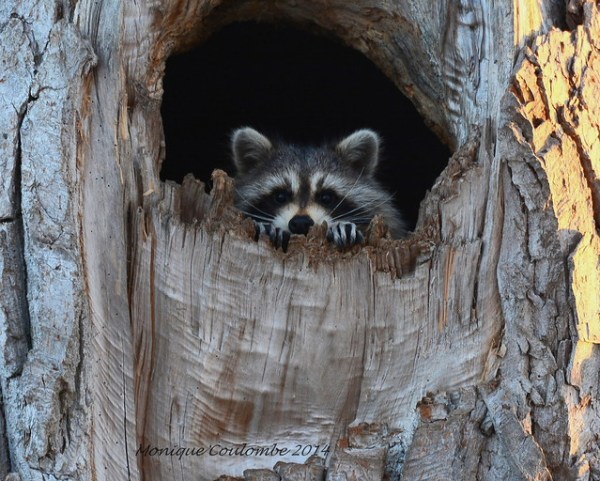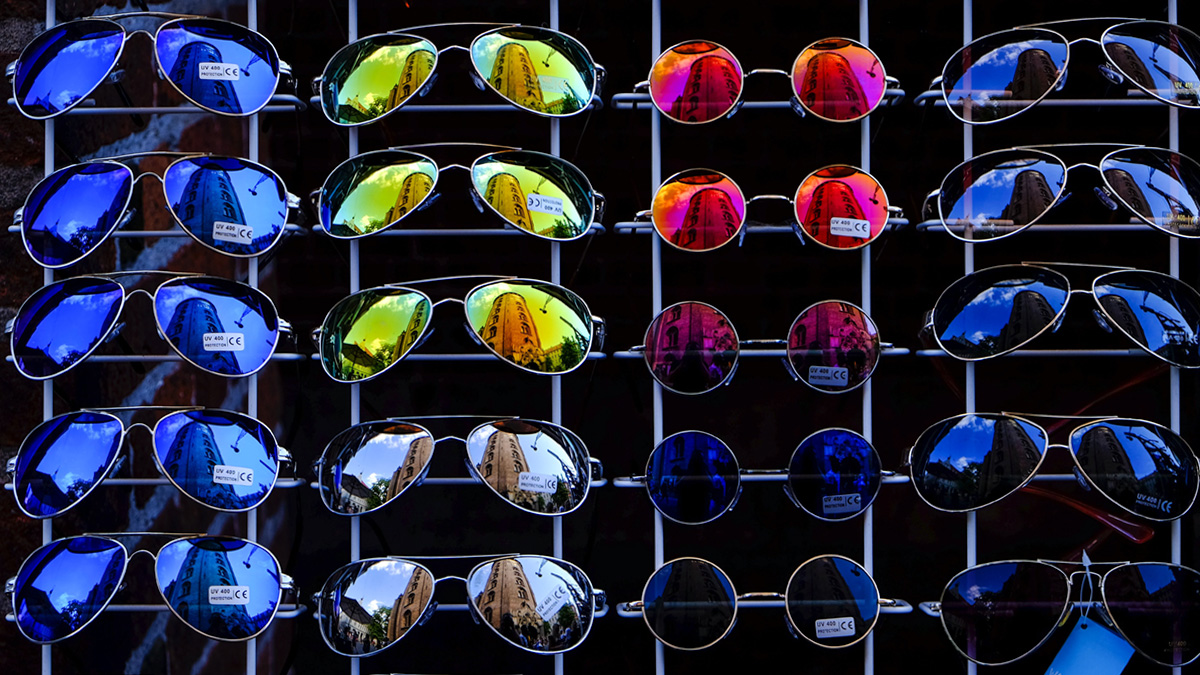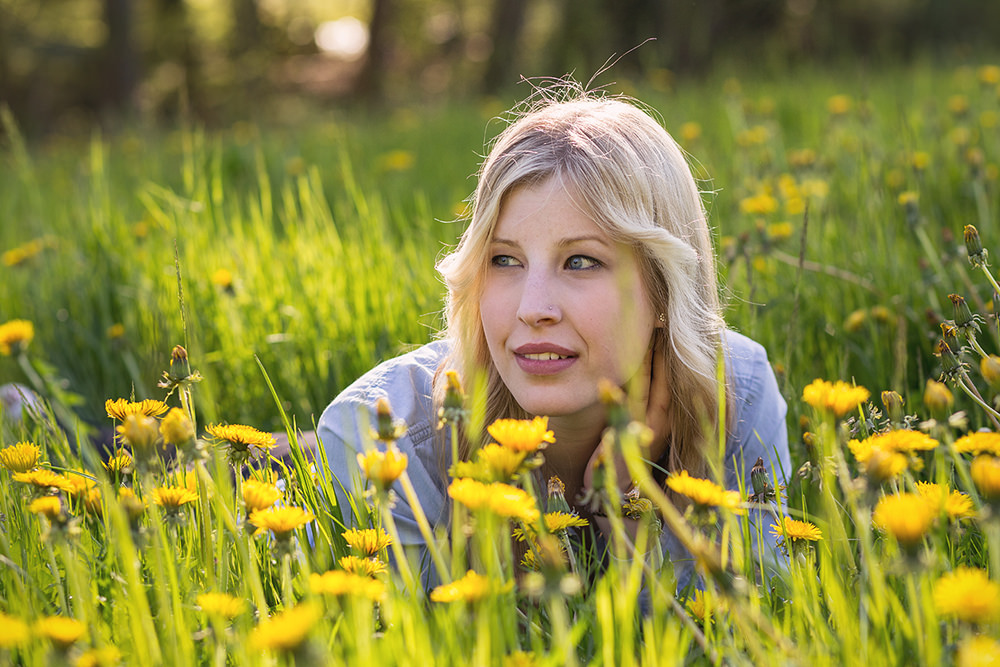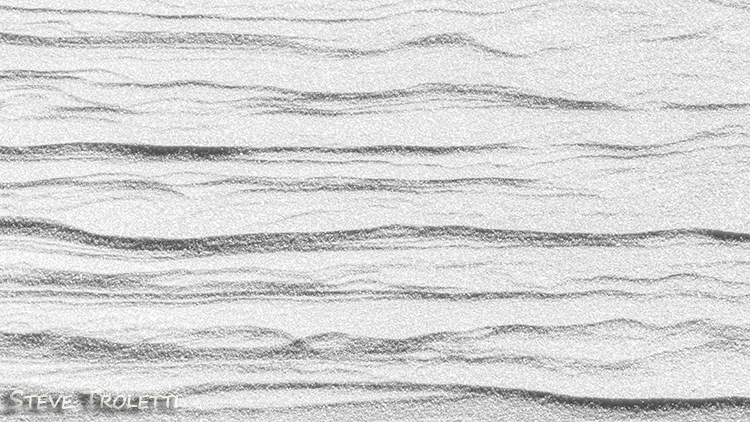The 2015 Challenge is off to a great start. Gary just gave us a great mind boggling challenge that had me looking at everything from a great new perspective.
I’ve decided to change things around from Nature & Wildlife to simply Outdoor Photography. It may seem trivial, but deep down under my thinking cap there’s a devious plan to challenge everyone through 2015. Naturally I’ll keep a focus on nature. This is at times challenging because we have members from all over the globe experiencing different seasons at different times, differently. We all know winters are a little different in Long Beach, CA than they are in Long Beach, NJ.
 Trees breathe life into our planet. They do so at so many levels, directly and indirectly. They provide food and shelter for wildlife and humans. They also prevent erossium and evaporation of water as they grow along waterways. Outdoor photography is generally editorial and this week we’ll document life in and around trees.
Trees breathe life into our planet. They do so at so many levels, directly and indirectly. They provide food and shelter for wildlife and humans. They also prevent erossium and evaporation of water as they grow along waterways. Outdoor photography is generally editorial and this week we’ll document life in and around trees.
 Winter may seem like a barren time for trees but that isn’t true at all. The berry of the Shadbush provides nutrition for many Northern birds through the coldest months. This very fruit has made it possible for the American Robin to survive and strive further and further North expanding into new territory.
Winter may seem like a barren time for trees but that isn’t true at all. The berry of the Shadbush provides nutrition for many Northern birds through the coldest months. This very fruit has made it possible for the American Robin to survive and strive further and further North expanding into new territory.
 As you go even further North, evergreens take over. The Juniper tree not only provides shelter for a variety of wildlife throughout the winter, it also feeds them with it’s berries, just like the Shadbush.
As you go even further North, evergreens take over. The Juniper tree not only provides shelter for a variety of wildlife throughout the winter, it also feeds them with it’s berries, just like the Shadbush.
 Sometimes it’s just not that obvious. At -22C this little Nuthatch is scouring through the bark looking for hibernating insects, larva and maybe some hidden seeds and nuts. It’s beak is perfectly adapted for this task.
Sometimes it’s just not that obvious. At -22C this little Nuthatch is scouring through the bark looking for hibernating insects, larva and maybe some hidden seeds and nuts. It’s beak is perfectly adapted for this task.
 Trees not only provide food and shelter for birds. Many mammals like squirrels and this baby Raccoon will find refuge from cold temperature and predators inside a hollowed out tree. Every hole in every tree has a story to tell.
Trees not only provide food and shelter for birds. Many mammals like squirrels and this baby Raccoon will find refuge from cold temperature and predators inside a hollowed out tree. Every hole in every tree has a story to tell.
 Not every hole in every tree is home to something cute and cuddly. Weather permitting, many Spiders make trees their home. There’s no better place to hide than in the fortified walls of a tree trunk
Not every hole in every tree is home to something cute and cuddly. Weather permitting, many Spiders make trees their home. There’s no better place to hide than in the fortified walls of a tree trunk
 Some insects even build their homes on, in and around trees. This Wasp Nest is a good indicator of the life present around this tree throughout the warmer months. In turn these wasps also provide food for birds and their hatchlings.
Some insects even build their homes on, in and around trees. This Wasp Nest is a good indicator of the life present around this tree throughout the warmer months. In turn these wasps also provide food for birds and their hatchlings.
 Sometimes the tree doesn’t provide lunch, It’s what stands between you and your lunch. Both predator and prey can benefit from trees. How efficiently they interact with trees can make all the difference when it comes to survival.
Sometimes the tree doesn’t provide lunch, It’s what stands between you and your lunch. Both predator and prey can benefit from trees. How efficiently they interact with trees can make all the difference when it comes to survival.
 Leaves will die and fall to the ground. This annual process will help replenish nutrients in the soil for future generations of trees to grow healthy.
Leaves will die and fall to the ground. This annual process will help replenish nutrients in the soil for future generations of trees to grow healthy.
 This tree is growing along a stream. For now the stream will provide water for this tree to grow. With time the tree will provide the shade to prevent evaporation. This will help maintain a water source for animals and agriculture throughout the summer months.
This tree is growing along a stream. For now the stream will provide water for this tree to grow. With time the tree will provide the shade to prevent evaporation. This will help maintain a water source for animals and agriculture throughout the summer months.
Don’t let your gear bog you down. The above image is an Instagram taken just a few weeks ago with a two year old Nexus 4 Smartphone. The best camera is the one you have in your hands at that time. Learn the true limitations of your equipment and then capitalize on its strengths.
For this challenge try and apply all the techniques we’ve practiced over time. Pay attention to your composition and distractions in the background. Come up with more than a snapshot, create a PHOTOGRAPH that tells a story. Although we usually only ask for a photo, I’d like to see a small paragraph that describes the impact and emotion of your photograph, further adding to the editorial value of this assignment.
I’ve but barely unearthed the surface of what trees can do for our planet. They have an impact on our daily lives and mass deforestation in one area can affect climate around the world.
Remember to respect nature and not to disturb any animals or destroy their habitat in any way during your quest for the perfect image. Also take time to familiarize yourself with local wildlife and plants. Some animals can present a danger, especially if protecting their young. Spiders and Snakes, especially hard to see baby snakes can present a great danger due to their venom. It’s always better to keep a safe distance from any wild animal no matter how sweet and innocent it may seem. Animals should not be fed. Feeding animals often encourages them to approach humans, increasing the risk of injury from individuals who may appreciate them less than you might. Most animals in rescue centers get there due to an encounter with humans.
Get acquainted with plants like Poisson Oak and Poisson Ivy or any other dangerous plants in your area. Some plants not only represent a risk of skin irritation but can also kill you if touched or ingested. Learn to identify the dangerous plants in your area.
The sky’s the limit for this week’s challenge. Get out there and show us what Mother Nature has to offer you! Nature and Wildlife photography can be a great family activity
The rules are pretty simple:
- Post one original (Your Image) shot each week per theme posted on this blog to Google+, Facebook, or Flickr (or all three). Tag the photo #photochallenge.org. or #photochallenge2015.
- The shot should be a new shot you took for the current weekly theme, not something from your back catalog or someone else’s image.
- Don’t leave home without your camera. Participating in the 2015 Photo Challenge is fun and easy.







You must be logged in to post a comment.